During the last 30 years our knowledge and understanding of molecular processes has followed the development of increasingly sophisticated tech? niques for studying fast reactions. Although the results are reported in papers and reviews, it is sometimes difficult for those not themselves active in these fields to find their way through the mass of published material. We hope that each book in this series will present a clear account of the present state of knowledge in a particular field of physical chemistry to research workers in related fields, to research students, and for the preparation of undergraduate and post-graduate lectures. Each chapter describes the theoretical develop? ment of one area of study and the appropriate experimental techniques; the results presented are chosen to illustrate the theory rather than to attempt a comprehensive review. The first volume published in 1972 was concerned with the reactions of small molecules and free radicals in the gas phase. The development of flash photolysis in the 1950s paved the way by making it possible to generate free radicals in sufficient concentration for a spectroscopic” snapshot” to reveal their molecular structure. Their role in kinetic systems could then be followed directly, rather than be inferred from mechanism. The shock tube enabled gas mixtures to be heated to any desired temperature in a time which was shorter than subsequent chemical reactions. Discharge-flow methods enabled the reactions of atoms and free radicals to be studied directly.

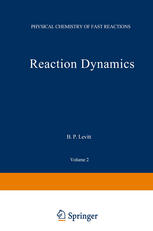
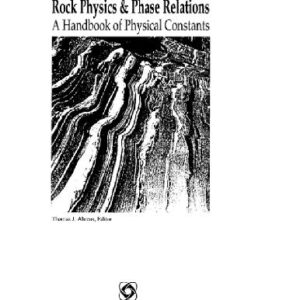
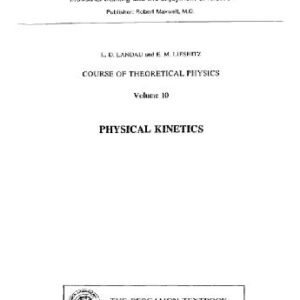
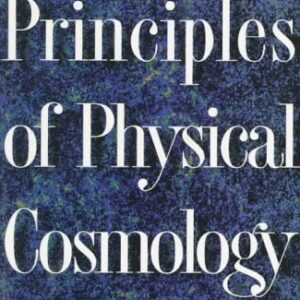
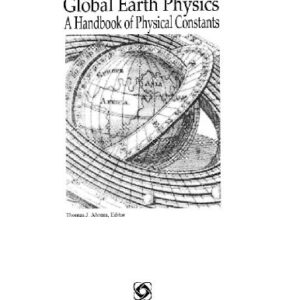
Reviews
There are no reviews yet.